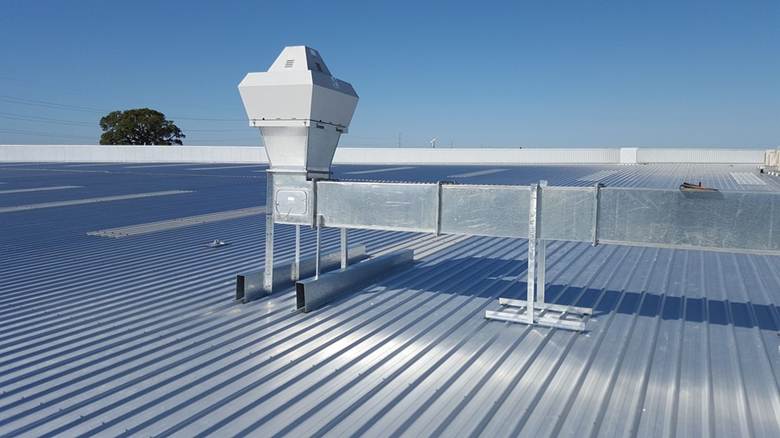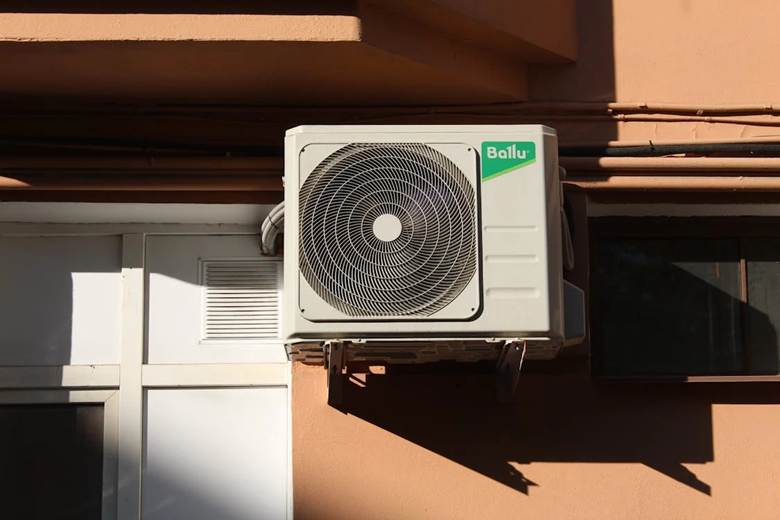The efficiency and effectiveness of property management is significantly enhanced with the integration of smart HVAC solutions. Proper climate control is crucial for tenant satisfaction and operational efficiency, directly impacting the overall success of property management. As technology continues to evolve, property managers are finding innovative ways to optimize HVAC systems, ultimately leading to operational savings and improved tenant comfort.

The Benefits of Smart HVAC Systems
Smart HVAC systems provide multiple advantages that make them a worthy investment for property management. Firstly, they enable remote management, allowing property managers to monitor and control HVAC settings via smartphones or tablets. This capability can reduce response times for any HVAC-related issues, ensuring that tenants enjoy optimal comfort. This is crucial for retaining long-term tenants who value convenience.
Intelligent temperature adjustments made by smart HVAC systems can significantly lower energy consumption. According to studies, properties using these systems have reported reductions in energy costs by as much as 30%. This not only saves money but also promotes sustainability, which increasingly becomes a priority for many property managers. A reliable HVAC service can be local or national, providing flexibility in choosing service providers. This ensures that property managers can readily access help when needed, helping to maintain system performance and extend equipment lifespan.
Regular maintenance checks also help identify issues early, preventing costly repairs. Smart systems often come with remote monitoring features, allowing for quicker diagnostics and efficient troubleshooting. As a result, operational downtime is minimized, keeping both tenants and management satisfied.
Integrating Smart Technology into Existing Systems
Many property managers may be concerned about the cost implications of upgrading to smart HVAC systems. However, integrating smart technology into existing systems can be a straightforward process. Various smart thermostats and sensors are designed to work with older systems, minimizing the need for a complete overhaul. This cost-effective approach allows property managers to gradually enhance their HVAC capabilities without emptying their budgets.
When integrating new technology, it’s crucial to assess the current infrastructure to determine compatibility. Conducting a comprehensive evaluation helps identify the best products that can seamlessly integrate with existing equipment. With the right assessment, property managers can maximize both the performance and energy efficiency of their HVAC systems.
Partnering with knowledgeable technicians can further simplify the transition and ensure proper installation. Many manufacturers offer user-friendly platforms that make system management intuitive. Taking advantage of training resources can also empower staff to operate new tools with confidence.
Data-Driven Decisions for Enhanced Management
One of the powerful features of smart HVAC systems is their ability to collect and analyze data. These systems can monitor usage patterns, temperature adjustments over time, and maintenance needs.
Access to this information enables property managers to make informed decisions regarding energy consumption and operational efficiency. Using data analytics tools, property managers can predict maintenance needs, ultimately reducing downtime and emergency repair costs. Predictive maintenance derived from data analysis ensures that all HVAC systems run efficiently, extending the life of the equipment.
Implementing data-driven management practices goes a long way in streamlining property management tasks. Such data resources help property managers to plan budgets better, allocate resources effectively, and improve tenant relations through transparent communication about heating and cooling functionality. Sharing insights with tenants can boost their trust in property management, enhancing tenant retention.
The Role of Regular Maintenance
Regular maintenance of HVAC systems cannot be overstated. Property managers need to implement a structured maintenance program to preserve system efficiency and reliability. Smart technology plays a significant role here by facilitating scheduled reminders for maintenance activities.
Adhering to a maintenance schedule not only helps in preventing sudden breakdowns but also improves overall system performance. Well-maintained HVAC systems operate more efficiently, which translates to lower energy bills and increased tenant comfort. Establishing a relationship with an HVAC service can greatly benefit property managers. Regular professional inspections and tune-ups can prolong equipment life and ensure that systems are functioning optimally.

Future Trends in HVAC Technology
As property management continues to adopt smart solutions, several trends in HVAC technology are emerging. One noteworthy trend is the focus on eco-friendly systems that utilize renewable energy sources. Incorporating solar panels to power HVAC systems can yield substantial savings and align with sustainability goals.
Advancements in artificial intelligence (AI) are being integrated into HVAC design. AI can analyze data in real-time and make proactive adjustments to improve energy efficiency and comfort levels.
Property managers should stay informed about these trends to leverage technologies that can further streamline operations and enhance tenant experiences. Investment in smart HVAC technology is not just about keeping properties comfortable; it's about adapting to a future where efficiency and tenant satisfaction take center stage.
By embracing these advancements, property managers can ensure they are well-equipped to handle the evolving demands of their industry.









